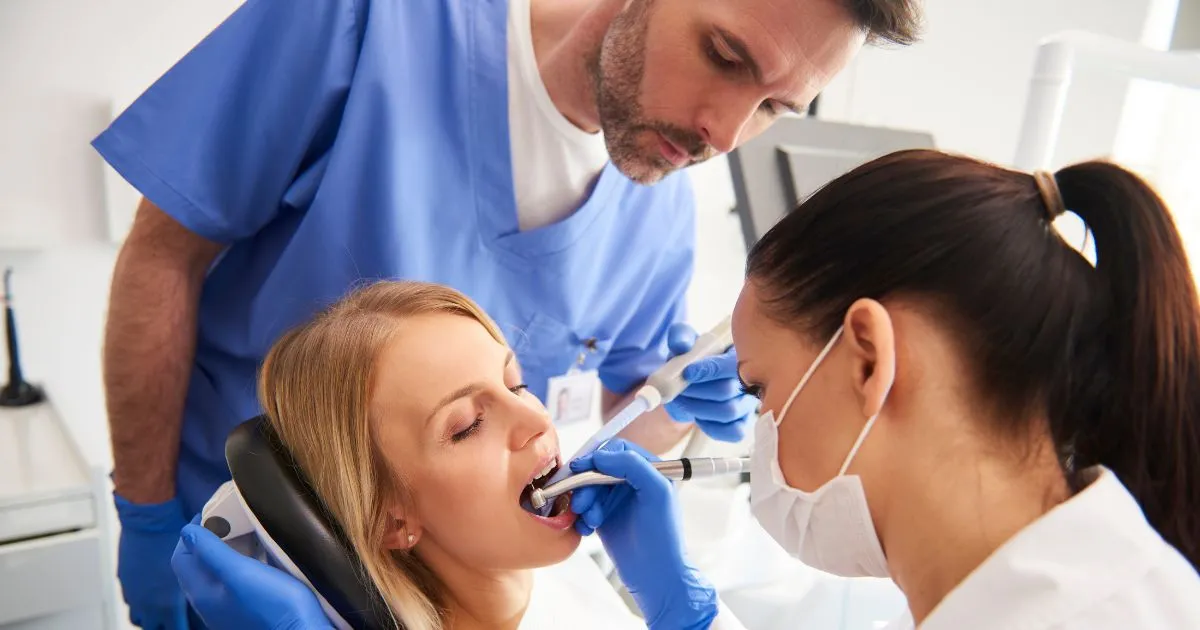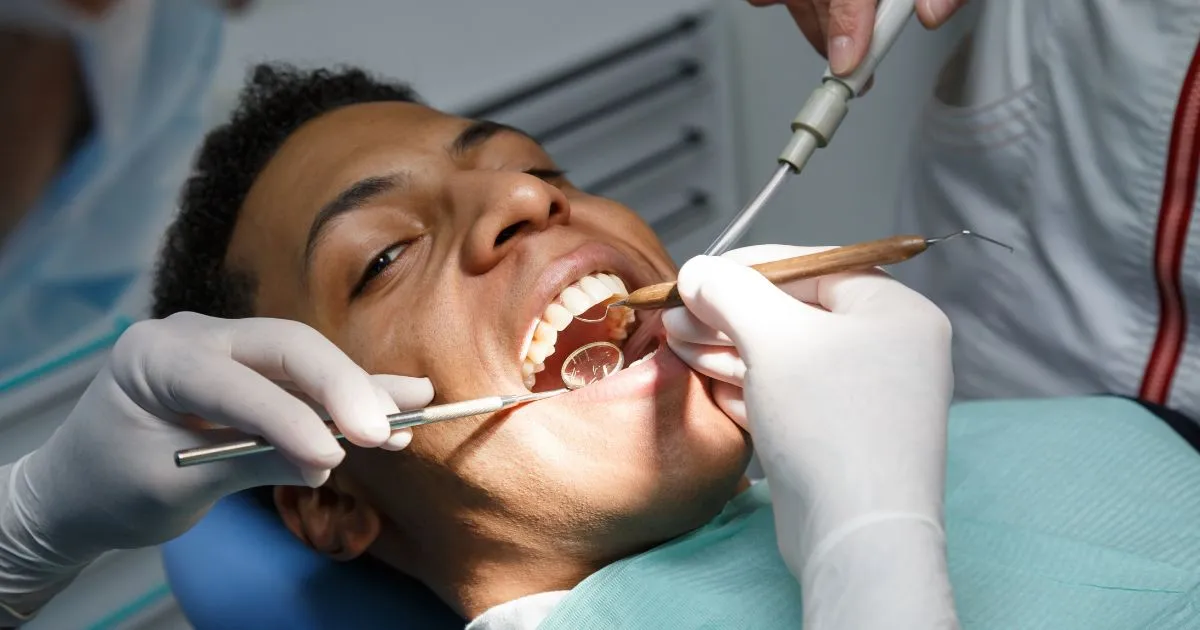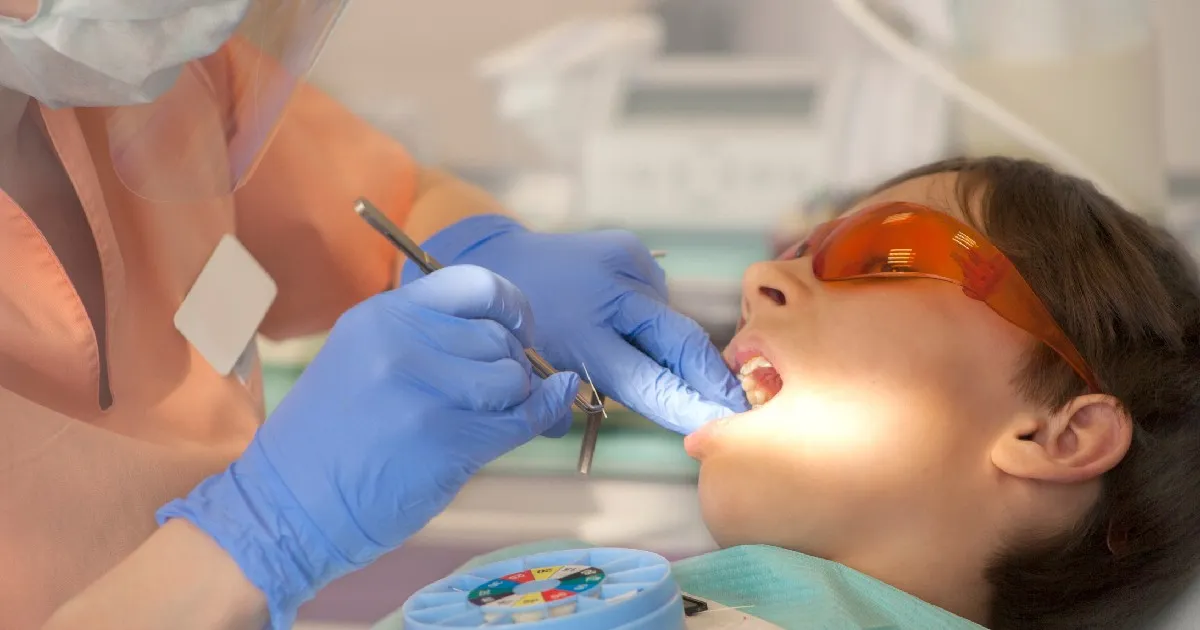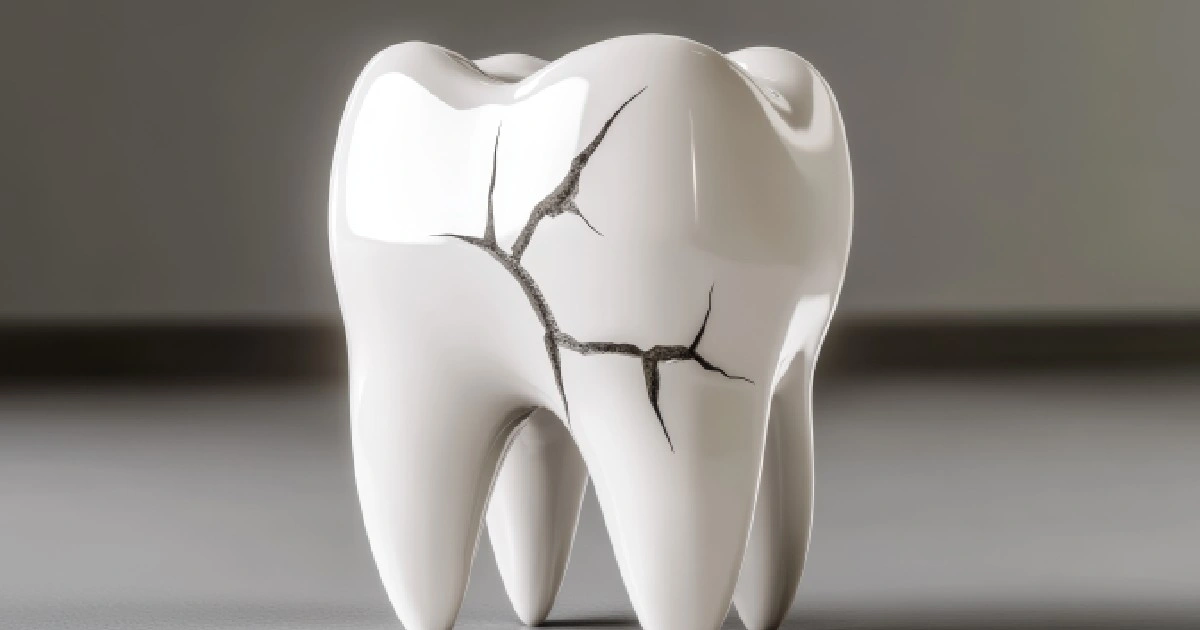Imagine this: you’re enjoying your favourite outdoor activity when, suddenly, a mishap leads to a knocked-out tooth. This scenario might seem like a nightmare, but the good news is that modern dentistry offers a range of effective treatment options for avulsed teeth. With the proper maintenance, your smile can return to its former splendour. This blog will go over how to preserve the most excellent possible dental health outcome, what to expect from each treatment, and how to take care of avulsed teeth.
Understanding Avulsed Teeth: The Basics
When a tooth is knocked out of its socket due to trauma, it is called an avulsed tooth. This is a dental emergency that must be treated immediately. The success of reimplanting an avulsed tooth largely depends on the promptness and appropriateness of the treatment received.
The First Moments: Immediate Actions
The moments immediately following the avulsion of a tooth are crucial. If you or someone else experiences this, here are the steps to follow:
- Stay Calm: Being anxious will make it more difficult for you to act quickly.
- Handle the Tooth Correctly: Pick up the tooth by the crown (the chewing surface), avoiding touching the root.
- Clean the Tooth if Dirty: Gently Rinse the tooth with saline or milk. Do not scrub or use soap.
- Reposition the Tooth if Possible: Try to reposition the tooth in its socket. To hold it in place, gently bite down on a piece of gauze or cloth.
- Preserve the Tooth: If moving the tooth isn’t an option, keep it moist by putting it in saltwater, milk, or a tooth preservation kit.
- Seek Immediate Dental Care: Visit a dentist or an emergency room immediately. Time is of the essence.
Treatment Options for Avulsed Teeth
The treatment for an avulsed tooth depends on several factors, including the time elapsed since the injury, the condition of the tooth, and the patient’s overall dental health. Here are the primary treatment options:
Reimplantation: Saving the Natural Tooth
Reimplantation is often the preferred treatment option if the tooth is viable and preserved correctly. Here’s what you can expect during the reimplantation process:
The Procedure
- Assessment: The dentist will assess the condition of the avulsed tooth and the socket. X-rays may be taken to evaluate any additional damage.
- Cleaning and Preparation: The tooth and socket will be cleaned thoroughly to remove debris and bacteria.
- Reimplantation: The dentist will carefully reinsert the tooth into its socket.
- Stabilization: A splint may be applied to stabilize the tooth and hold it in place for a few weeks.
Post-Procedure Care
- Follow-Up Visits: It will be decided to arrange routine follow-up appointments to track the healing process and guarantee proper tooth reattachment.
- To ensure optimal oral hygiene, gently brush and floss the area surrounding the splinted tooth.
- Diet: Steer clear of chewy, hard foods that could push out the implanted tooth.
- Medication: Doctors may prescribe antibiotics to prevent infection, and patients may take painkillers as needed.
Root Canal Therapy: Ensuring Long-Term Success
An avulsed tooth often requires root canal therapy to ensure long-term survival. This is particularly true if the tooth is out of the mouth for an extended period or if the pulp (the tooth’s nerve and blood supply) is damaged.
The Procedure
- Initial Assessment: The dentist will determine the need for root canal therapy based on the tooth’s condition and symptoms, such as pain or swelling.
- Cleaning the Root Canal: After the tooth’s pulp is extracted, the root canal is cleansed and sterilized.
- Filling and Sealing: The cleaned root canal will be sealed and filled with a biocompatible substance to stop reinfection.
- Restoration: The tooth may get a crown or filling to restore its appearance and functionality.
Benefits and Expectations
- Pain Relief: Root canal therapy alleviates pain caused by infected or damaged pulp.
- Preservation of the Tooth: This treatment helps preserve the natural tooth, maintaining the aesthetics and function of your smile.
- Follow-Up Care: Routine dental examinations are necessary to monitor the treated tooth and guarantee its continuing health.
Dental Implants: A Modern Solution for Tooth Loss
Dental implants offer a highly effective and long-lasting solution if reimplantation isn’t impossible or the avulsed tooth cannot be saved. Dental implants are artificial tooth roots made of titanium that support replacement teeth.
The Procedure
- Consultation and Planning: To plan the implant placement, a comprehensive evaluation, including X-rays and possibly CT scans, will be conducted.
- Implant Placement: The jawbone is surgically opened to receive the implant. The usual method for doing this surgery is a local anaesthetic.
- Healing Period: The implant needs time to osseointegrate (bond) with the jawbone, which typically takes a few months.
- Abutment and Crown Placement: Following implant integration, a crown manufactured to order is placed above the implant, and an abutment is fastened.
Advantages of Dental Implants
- Durability: Implants are designed to last a lifetime with proper care.
- Aesthetics: They look and feel like natural teeth.
- Functionality: Implants restore full chewing function, allowing you to eat your favourite foods.
- Bone Health: They help prevent bone loss by stimulating the jawbone.
Bridges and Dentures: Alternative Restorative Options
Bridges and dentures are viable alternatives to dental implants for patients who prefer a less invasive or more cost-effective solution.
Dental Bridges
- Function: One or more artificial teeth affixed to neighbouring natural teeth make up a dental bridge.
- Procedure: To make room for the bridge, a tiny bit of enamel is removed from the neighbouring teeth. Using the impressions obtained, a unique bridge is made and cemented in place.
- Benefits: Bridges provide a natural-looking restoration and restore the function of the missing teeth.
Dentures
- Function: Dentures are removable prosthetic devices that replace missing teeth and surrounding tissues.
- Types: Partial dentures cover spaces left by missing natural teeth, and complete dentures replace all missing teeth.
- Procedure: Impressions of the mouth are taken to create custom dentures. Adjustments are made to ensure a comfortable fit.
- Benefits: Dentures improve aesthetics, restore chewing ability, and support facial structure.
Takeaway
At Solomon Dental Management, we understand that a knocked-out tooth can be a distressing experience. We’re committed to providing prompt, professional, personalized care to restore your smile. Whether it’s reimplantation, root canal therapy, or dental implants, trust us to deliver exceptional results with compassion and expertise. Contact us immediately if you experience an avulsed tooth, and let us help you smile with confidence again.







